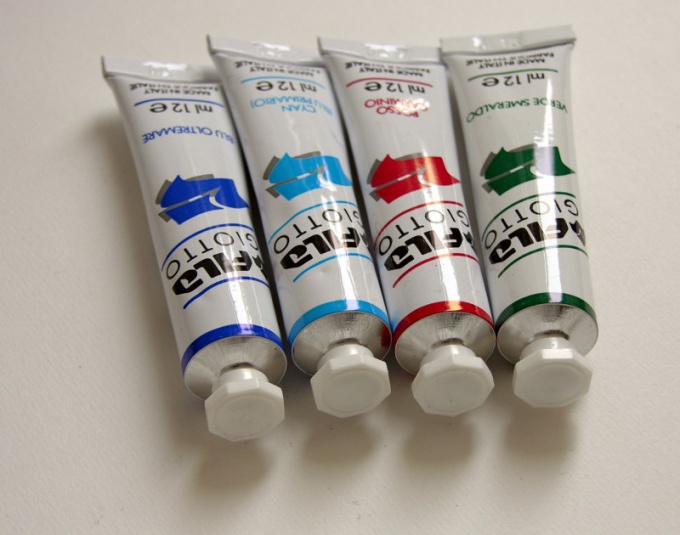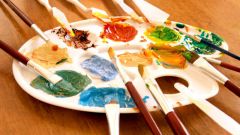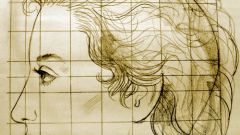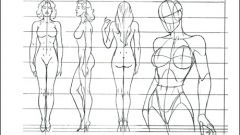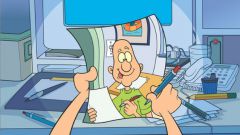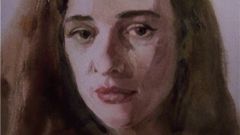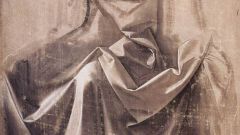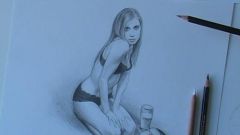You will need
- Board;
- - tempera paint.
- - the ground;
- - bone or hide glue;
- - gauze;
- - brush;
- - sandpaper.
- - brushes of different thickness.
Instruction
1
Board for creating the image should be flat and well drained. The most accessible and easy to handle lime-Board, but often used and conifers, such as pine, spruce or cypress. If there is no chunk of suitable size, pick a few uniform pieces. Adjust them to each other and glue.
2
Please note that the image is located in the Central part of the icon, which is a natural depression. The recess is called the ark. Field frame stands over him for a few millimeters. For surface treatment, you can use sandpaper. Should not remain visible protrusions or cavities, chips, etc.
3
Soak the Board mezdrovogo or bone glue. Glue onto it a piece of linen cotton fabric. That is most often found in the outlets, suitable gauze. It needs to be soaked in the glue so she can be impregnated. This fabric is called the canvas. It needs to dry before you begin the next stage.
4
Prepare the gesso. It is made of pure chalk. It is best to buy it in the store, where they sell the goods for artists. Mel must be sifted and otrocity in the water.
5
Cook the glue. The technology of preparation of glue of animal origin is about the same. Soak the plate in water glue and allow it to swell. Soak the glue in water for three hours, then put in a water bath. Preheat to approximately 70°C and start slowly pour the chalk. Do not forget to stir the contents of the pan. As a result, you should have something resembling sour cream. This is called "gesso". You can add a little linseed oil or honey.
6
Allow the primer to stand at room temperature for about a day. Apply a thin layer on the Board with a broad brush. Let the Board dry out and even out the layer of skin. In the same way, apply 10-15 layers. The soil must not be too thick, it is only about a millimeter.
7
On prepared gesso paint your design. This can be done in two ways. The old school masters painted directly on the Board with charcoal or black paint. If you are not yet so confident in yourself and make a drawing on paper in full size. Computer technology allows even find any icon, enlarge it and print the whole and the parts.
8
Transfer the image to the Board. You can do this about the same as embroiderers transferred pattern on the fabric. The contours make punctures a few millimeters, place the paper pattern on the Board so as to house the image, and sprinkle on the contour of the graphite powder. You can take a pattern and using carbon paper.
9
If you decide to draw the image yourself, practice first on a sheet of paper. Draw the frame, in proportions matching the Board. Build the image. It is most convenient to start with a circle. Look at this circle center. Sketch an isosceles triangle with a vertex in the center of the circle. The base of this triangle — the bottom line icons. Its length depends on what image you are going to draw. If it is the virgin, the line will be long, it is necessary to recede a little from the edges of the frame. The initial terms will remain on the finished icon, is a halo.
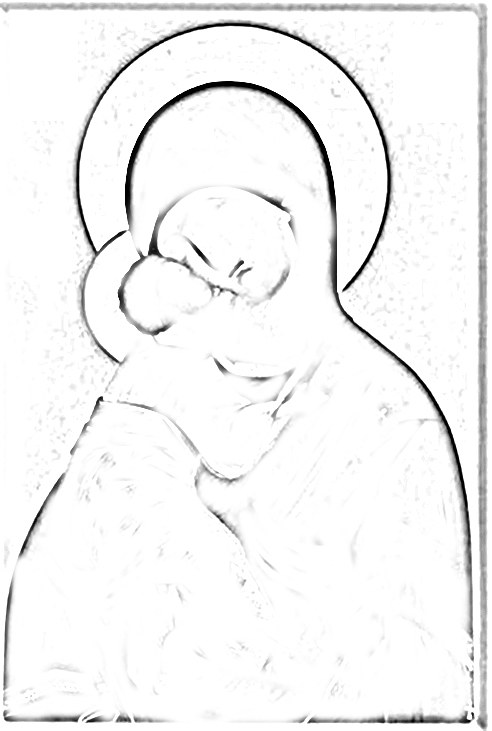
10
Mark the main parts. It is the faces and the overall line shape. Please note that the Orthodox icon of children's body proportions are exactly the same as in an adult, that is, the Baby's head is equal to about 1/7 or 1/8 of the length of the body. At this stage the main sketch and the folds of clothing.
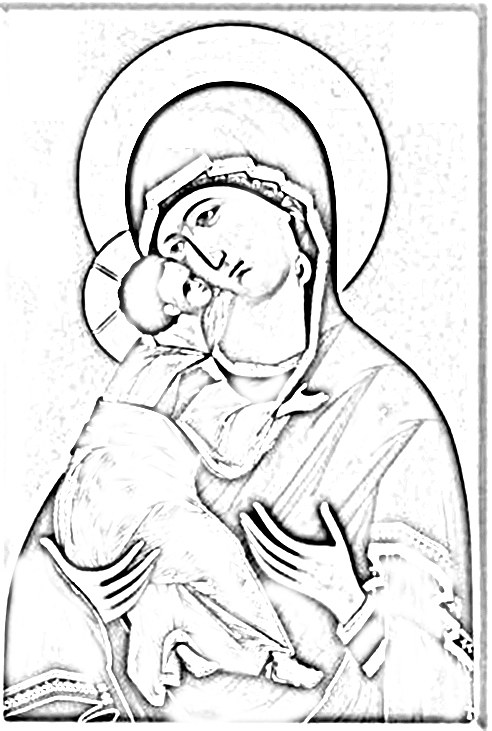
11
Draw eyes, nose and mouth. More accurately draw the folds of clothing and hair. Pay attention to the details, every Saint has its own distinctive characteristics. If the icon sample Holy holds some object, it must be in your drawing.
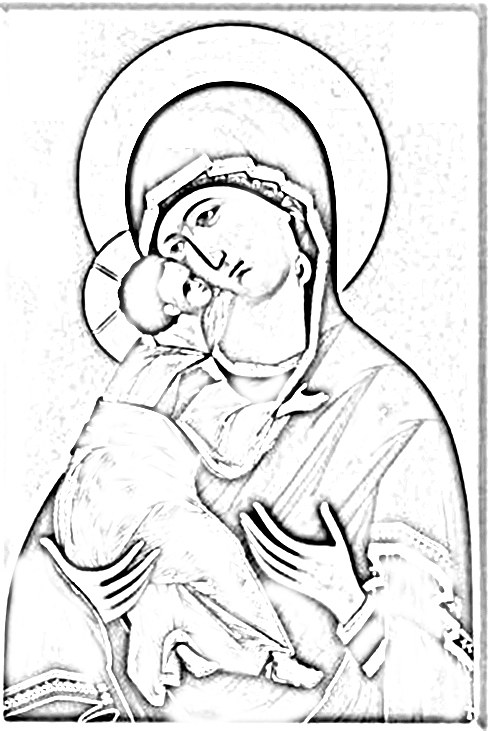
12
Paint the image. Use tempera paints. The painters of the old school did it yourself, it happens, and now in professional studios. But tempera is sold in stores for artists, and it is possible to take advantage of it. Please note that the icons are usually clean and bright colors. The shades are missing, and, for example, the folds of clothing are transmitted by the paint strokes other paint.
Note
If the trees or buildings, please note that their images are more like isometric projection, rather than an object, constructed with the perspective. This is one of the distinguishing features of the icon.
